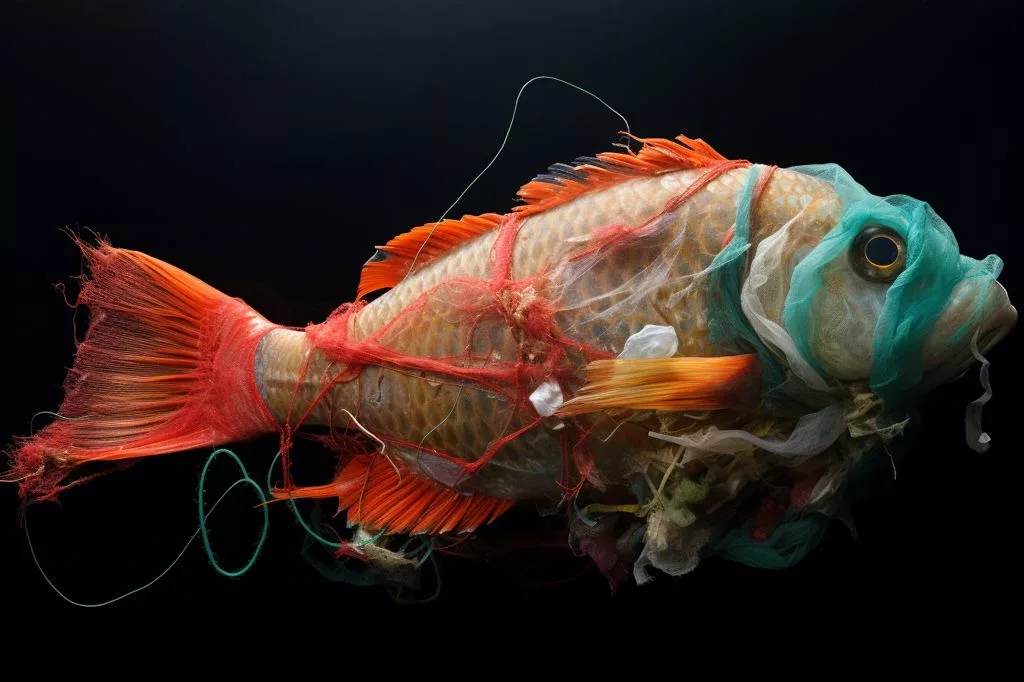The community of Oranjeville in South Africa has teamed up with law enforcement agencies to combat illegal fishing in the Vaal Dam and surrounding areas. Through cooperation and the capture of six individuals, the community has shown the power of community uprising in protecting their environment and natural resources. This effort serves as an example of efficient crime prevention and the importance of collaboration between communities and law enforcement agencies.
What is the community of Oranjeville doing to combat illegal fishing?
In Oranjeville, South Africa, the community has joined forces with law enforcement agencies to combat illegal fishing in the Vaal Dam and surrounding areas. Through a joint operation team, they have arrested six individuals and emphasized the importance of community members in protecting their environment and natural resources. This collaboration serves as an example of efficient crime prevention and showcases the power of community uprising.
A Remarkable Stand Against Illegal Fishing
In the picturesque community of Oranjeville, South Africa, the residents have taken a powerful stand against illegal fishing in the Vaal Dam and its surrounding areas. The joint operation team, which includes the South African Police Service (SAPS), Crime Intelligence, Home Affairs, and DESTEA Biodiversity Enforcement and Compliance, has worked closely with the people of Oranjeville to put a stop to this unlawful activity. The capture of six individuals engaging in illegal fishing stands as proof of the effectiveness of this collaboration.
Illegal fishing has been a significant concern for the community of Oranjeville. The culprits, often undocumented immigrants, utilize nets to fish in the dam during nighttime and transport their catch to Gauteng in the morning. This system has endangered the local biodiversity and the economy of the Free State. However, the community’s proactive approach in reporting these crimes to law enforcement agencies has played a crucial role in combating this issue.
The joint operation team’s accomplishments in addressing illegal fishing are praiseworthy. The Free State Department of Economic, Small Business Development, Tourism, and Environmental Affairs (DESTEA) MEC Thabo Meeko commended the team for their prompt action, which he believes indicates their dedication to preserving the Free State’s economy.
A Unified Front Against Wildlife Crime
Since the initiation of the integrated operation, six suspects have been arrested in relation to illegal fishing activities. Wildlife crime has been designated a priority offense in South Africa due to the substantial losses it inflicts on the province. With millions at risk, it is vital to confront this issue directly and discourage potential offenders from committing similar crimes.
The situation in Oranjeville has been characterized by a unique combination of community uprising and effective law enforcement cooperation. MEC Thabo Meeko expressed his gratitude for the community’s vigilance in reporting these crimes, highlighting the importance of community members in safeguarding their infrastructure and resources. He also advocated for severe sentences for those found guilty of illegal fishing to deter future criminal activities.
The Vaal Dam, a scenic and integral water source in the region, has been at the heart of this narrative. As the lifeblood of the community and the backdrop for this story of resistance against illegal fishing, it serves as a reminder of the importance of conserving our natural resources. The community’s endeavors to protect their environment exemplify the strength of a united front in combating illegal activities that damage not only the environment but also the economy.
Collaboration: The Key to Effective Crime Prevention
This account of collaboration between law enforcement agencies and the Oranjeville community serves as an example of efficient crime prevention. The apprehension of these criminals represents a significant victory in the battle against illegal fishing. However, the struggle is far from over, as other regions face comparable challenges. To curb the spread of wildlife crime, it is crucial for both law enforcement agencies and communities to cooperate and remain vigilant.
By taking a stand against illegal fishing, the people of Oranjeville have showcased the power of community collaboration. Their efforts have not only protected their local biodiversity but also defended their economy. The success of the joint operation team serves as an inspiration for other communities to join forces with law enforcement agencies and fight against such crimes.
The story of Oranjeville and its struggle against illegal fishing bears witness to the power of a united front. The local community’s commitment to protecting their environment, along with the swift and effective action of the joint operation team, has created a unique and potent synergy. This collaboration stands as a shining example for other communities facing similar challenges, proving that together, we can make a difference in the fight against illegal fishing, preserving our environment and economy for future generations.
How has illegal fishing affected the community of Oranjeville?
Illegal fishing has endangered the local biodiversity and the economy of the Free State, as the culprits often transport their catch to Gauteng, resulting in substantial losses for the province.
Who is involved in the joint operation team?
The joint operation team includes the South African Police Service (SAPS), Crime Intelligence, Home Affairs, and DESTEA Biodiversity Enforcement and Compliance.
How many individuals engaged in illegal fishing have been captured?
Since the initiation of the integrated operation, six suspects have been arrested in relation to illegal fishing activities.
What has been the response of the Free State Department of Economic, Small Business Development, Tourism, and Environmental Affairs (DESTEA) MEC Thabo Meeko to the joint operation team’s actions?
MEC Thabo Meeko has commended the team for their prompt action, which he believes indicates their dedication to preserving the Free State’s economy.
Why is wildlife crime considered a priority offense in South Africa?
Wildlife crime has been designated a priority offense in South Africa due to the substantial losses it inflicts on the province, with millions at risk.
What has been the community’s role in combating illegal fishing?
The community of Oranjeville has played a crucial role in combating illegal fishing by being proactive in reporting these crimes to law enforcement agencies.
What is the importance of collaboration in combating illegal activities?
Collaboration between law enforcement agencies and communities is crucial in effectively addressing illegal activities, such as illegal fishing and wildlife crime.
What can other communities learn from Oranjeville’s efforts in combating illegal fishing?
The success of the joint operation team in Oranjeville serves as an inspiration for other communities to join forces with law enforcement agencies and fight against such crimes, showcasing the power of community collaboration in protecting the environment and economy.








